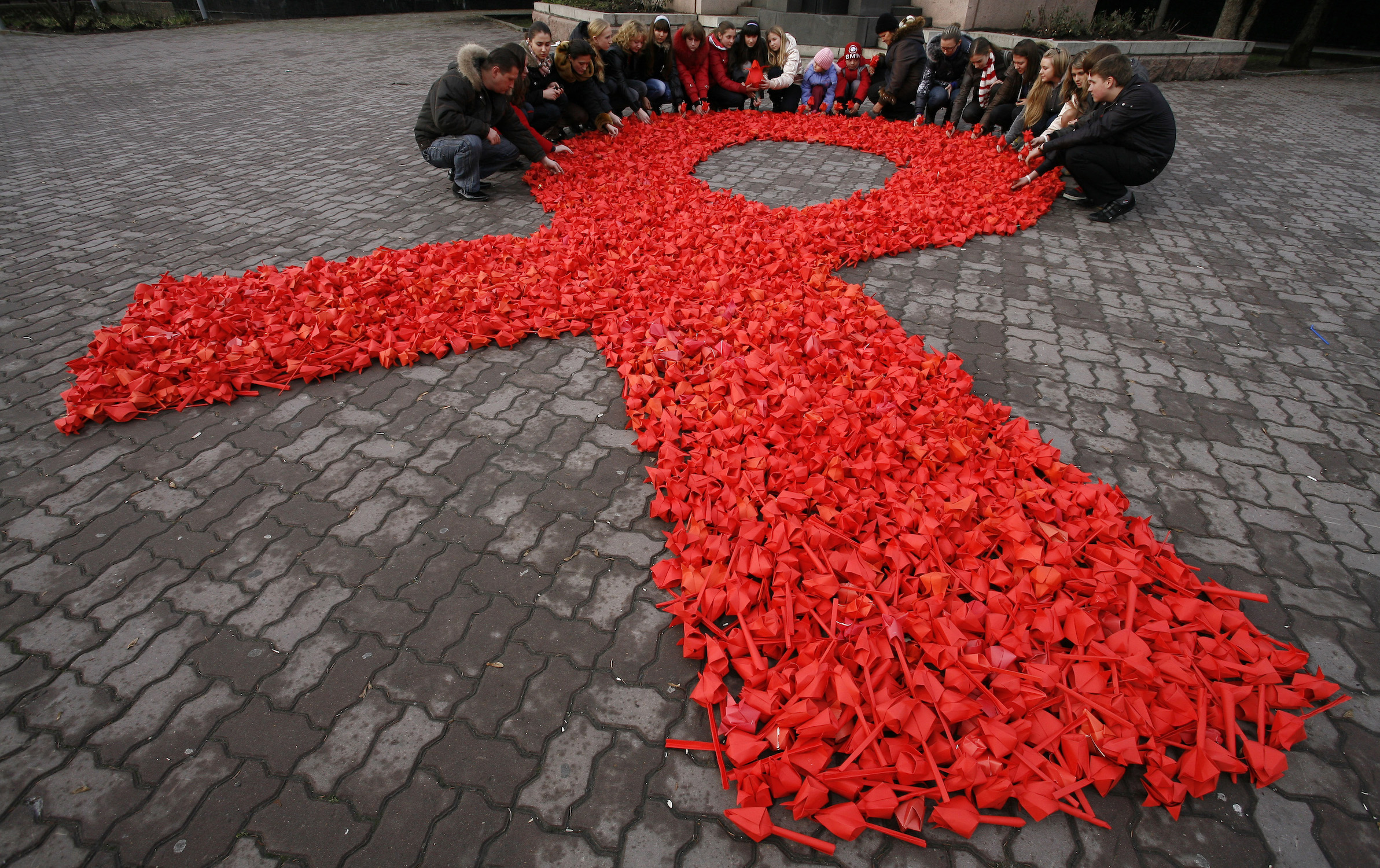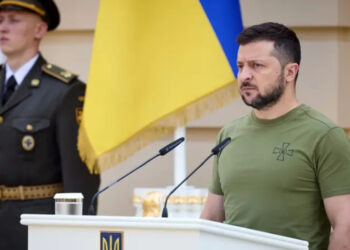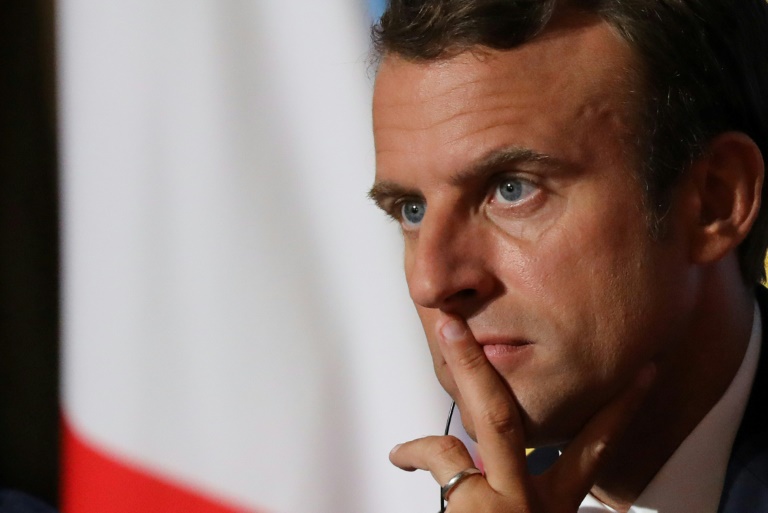Since 1988, December 1 has marked World AIDS Day, and despite scientific advances in HIV treatment the virus today continues to kill millions of people. According to the World AIDS Day Foundation, there are an estimated 36.7 million people worldwide living with the virus.
As of last year South Africa had the largest HIV-positive population, with more than 7 million people infected with the virus, followed by Nigeria (over 3 million) and India (over 2 million), according to the World Health Organization.
The statistics do not show the situation in each country and the largest one on the planet, the Russian Federation, does not seem willing to share the results. Today in fact, more than 30 years after the virus have been identified, Russia is facing one of the biggest HIV epidemics in the world.
According to the latest UNAIDS research, in Eastern Europe and central Asia the HIV epidemic is primarily centered within the Russian Federation and Ukraine: in 2016 the countries respectively accounted for an estimated 81 percent and 9 percent of new HIV infections. In September the AIDS.Center foundation in Moscow published statistics showing HIV kills on average 80 Russians every day; today around 1 million people live with HIV in Russia.
Although the Russian government has collected extensive epidemiological data on HIV since 1987, official numbers remain unreported. And even talking about the virus still carries a stigma, leading to a lack of preventive measures or information about infection.
“First of all we need to recognize the problem,” Anna Rivina, the director of the AIDS.Center in Moscow, told The Globe Post.
Founded by the journalist and television anchor Antov Krasovsky in 2016, the AIDS.Center Foundation was created to fill a gap in the Russian society. “The main idea is to give people informations, what to do and how to do it, to explain them it is not the end of their life,” Ms. Rivina said.
In its first year, the AIDS.Center was open daily to organize events, workshops and conferences, but also to provide help and support for people with questions about HIV. For World AIDS Day the Center launched ‘Brave,’ a project that seeks to include people with different opinions, experiences, social status, gender, age, sexual orientation and HIV statuses.
The foundation gets no financial support from the Russian government, and relies on donations.
“The government must help people, must explain and inform them [about HIV] but they do not do it. We are counter to the government because we don’t agree with their way of thinking and acting [on HIV measures],” Ms. Rivina added.
With the world’s eyes focused on the World Cup taking place next year, the Russian Ministry of Health has chosen World AIDS Day to launch a new awareness campaign. The government organized seminars, lessons in universities and medical institutions, and will allow Russian citizens to take an HIV test free of charge.
Additionally, Moscow hosted the third Forum for Specialists on HIV/AIDS Prevention and Treatment, where UNAIDS set three tasks for the Russian government to achieve in 2018. By the end of next year, Russia should determine the number of HIV-positive people in the country, remove the restrictions foreigners with HIV are facing on entering Russia, and provide access to treatment for all people.
Speaking at a forum at the Peoples’ Friendship University on Friday, Health Minister Veronika Skvortsova told students that that 900,000 of the estimated 37 million people infected with HIV live in Russia.
Currently, 30 percent of people in Russia with HIV have access to treatment, but access also depends on the number of CD4 cells – the white blood cells present in the blood that give doctors an indication of the health of a person’s immune system. The CD4 count of a person without HIV varies between 500 and 1500; in Russia, medicine is not provided by the state to anyone with a CD4 count higher than 350.
According to the AIDS.Center, in the past two years roughly half of new HIV cases were due to unprotected sexual contact, while about 47 percent of infections were contracted through intravenous drug injections. Drug consumption is still a big issue in Russia and currently there is no access to substitution therapy. Due to legal prohibitions and the lack of support for substitution therapy by drug treatment specialists and law enforcement, drug users cannot access surrogate drugs such as methadone or opioids.
Against this backdrop, some grassroots organizations have made it their mission to promote and develop humane drug policies to help drug-addicted people with HIV. The Andrey Rylkov Foundation for Health and Social Justice is one of those: established in 2009, the foundation leads efforts in Russia to advocate for the introduction of the evidence-based and internationally recognized opioid substitution treatment, as well as provide harm reduction services to drug users in Moscow.
The Global Fund will stop supporting the Rylkov Foundation at the end of this year because “formally Russia has a big budget and the Fund finances countries with a low income,” Maxim Malyshev, the outreach work coordinator in Andrey Rylkov Foundation, told The Globe Post.
Mr. Malyshev was addicted to drugs when he discovered in 1997 that he had contracted HIV. He decided to start taking medicine about a decade ago, and today he is healthy and proud of helping other people in the same situation.
“Today there is much more knowledge of the disease especially in professional society, and the access of the therapy is much easier now than it used to be years ago,” Mr. Malyshev said.
As for the future of Russia, he sees a cut in funding for HIV drug therapy.
“With the growing of the epidemic the doctors will subscribe cheaper medicines and if there won’t be expensive medicines, this means there will be more side effects and people will refuse to take those medicines,” Mr. Malyshed concluded.























